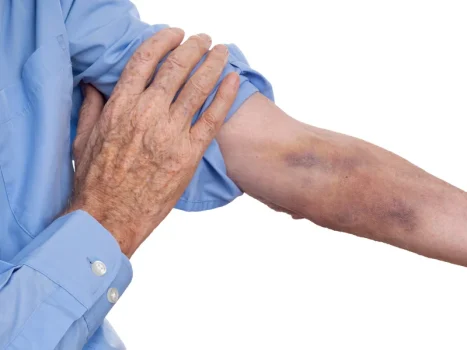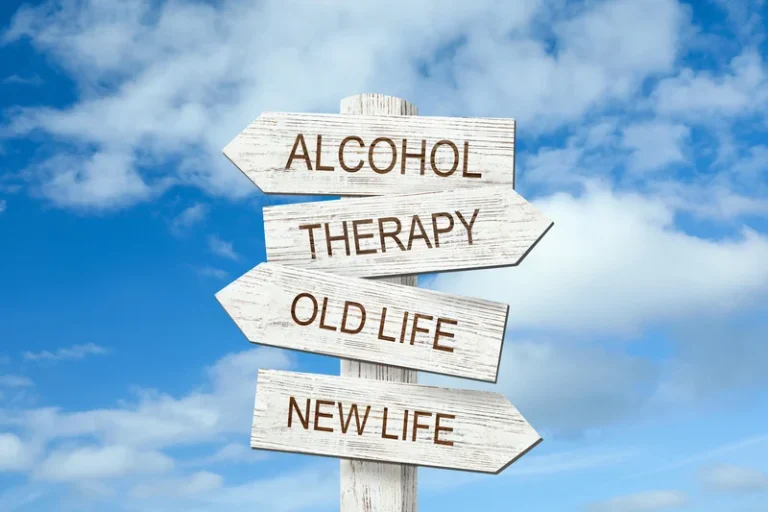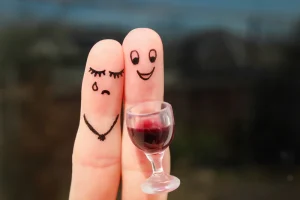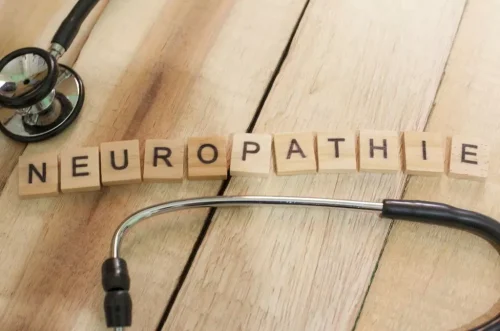
An intervention is where the loved ones of an addicted person confront them to encourage treatment. It usually occurs in consultation with a doctor how to do an intervention for an alcoholic or addiction counselor. Family members should also consider seeking help for themselves, regardless of whether the alcoholic agrees to get help.
Step Three: Plan For The Meeting
Planning a follow-up is just as critical, be it seeking immediate admission to a treatment facility if the person agrees or deciding on consequences if they refuse. Caring for a person who has problems with alcohol can be very stressful. It is important that as you try to help your loved one, you also find a way to take care of yourself. It may help to seek support from others, including friends, family, community, and support groups.
Serious Alcohol Addiction Cases

Individuals who have Certified Intervention Professional (CIP) credentials have been specifically trained and certified to perform interventions. The team should also ask how much intervention experience the person has, and the type of intervention model they use. This will help the team decide whether or not the person’s approach is suitable for their needs.
The Love First Model: Optimizing Addiction Interventions
If they recognize the magnitude of their situation, they may still be able to drink less on their own and without professional help. It’s also easy to deny a problem when there are several days or weeks between incidents. Providing someone with a list of offenses linked to their alcohol use disorder makes it more difficult to deny the problem. Giving specific, situational examples helps people understand how their actions affect others.
Family and Children’s Programs
An intervention can motivate someone to seek help for alcohol or drug misuse, compulsive eating, or other addictive behaviors. Many professional interventionists have a preferred intervention style they use. An intervention is not a place to embarrass, shame, or scold the person struggling with addiction; these tactics are more likely to make the person retreat further into substance abuse patterns. Take our free, 5-minute substance abuse self-assessment below if you think you or someone you love might be struggling with substance abuse.


When asked how alcohol problems are treated, people commonly think of 12-step programs or 28-day inpatient treatment centers but may have difficulty naming other options. In fact, there are many treatment options available thanks to significant advances in medical and behavioral research over the past decades. No matter the outcome of the intervention, it’s important to be patient and stick with your plans to render consequences.
She has spent the past 5 years specializing in the treatment of opioid and alcohol use disorders. Being on the show Intervention requires submitting an application through A&E, the television network that broadcasts the show. Keep in mind that while this show can link your loved one to valuable treatment https://ecosoberhouse.com/ services, you are not guaranteed to be selected for the show. You should not count on being selected for this show, as your loved one may go without treatment if you are never chosen. Instead, you will likely have better outcomes if you seek out a local interventionist to assist your family.
- Even with intervention and discussion of severe consequences, a person might refuse help.
- But if you want to get others involved, only invite people who your loved one likes or respects.
- More resources for a variety of healthcare professionals can be found in the Additional Links for Patient Care.
